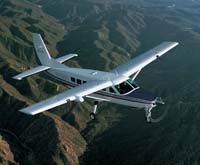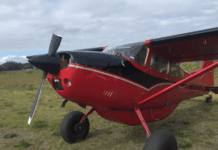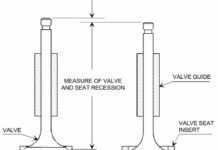
We’re not quite sure how Seattle attorney Dean Brett hopes to accomplish it, but his words to the Seattle Post Intelligencer should have everyone in aviation taking notice: “Our goal is to have the [Cessna] 208B [Grand Caravan] decertified from flying in icing conditions.”

Brett represents the families of nine skydivers who died when the Grand Caravan they were flying in over the Cascade Mountains in Washington State crashed in weather conditions that prompted an airmet warning of possible icing. The suit names Cessna and is built around the well-worn allegation that Caravans are particularly hazardous to fly in icing conditions. Caravans, of course, have been the subject of intense scrutiny over their ability to handle ice and the FAA recently responded with possibly the most stringent set of operating standards for known ice of any aircraft.We’ll never know exactly what happened on that stormy night last October or how much icing contributed to the crash. But in our opinion, the decision over whether the 208 retains its flight into known icing certification does not belong with the courts. The FAA is rightly burdened with the responsibility of determining whether, on balance, an aircraft can be safely operated in all manner of adverse conditions, not just ice. The courts are not only poorly equipped to comment on such technical matters, but the emotion-charged atmosphere of a courtroom is the wrong setting for those kinds of deliberations. It seems unlikely that any court will try to assume jurisdiction for aircraft technical standards but the mere fact that the issue has been raised warrants attention from the aviation community.


































